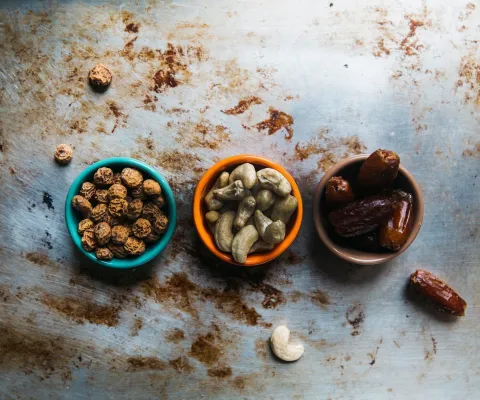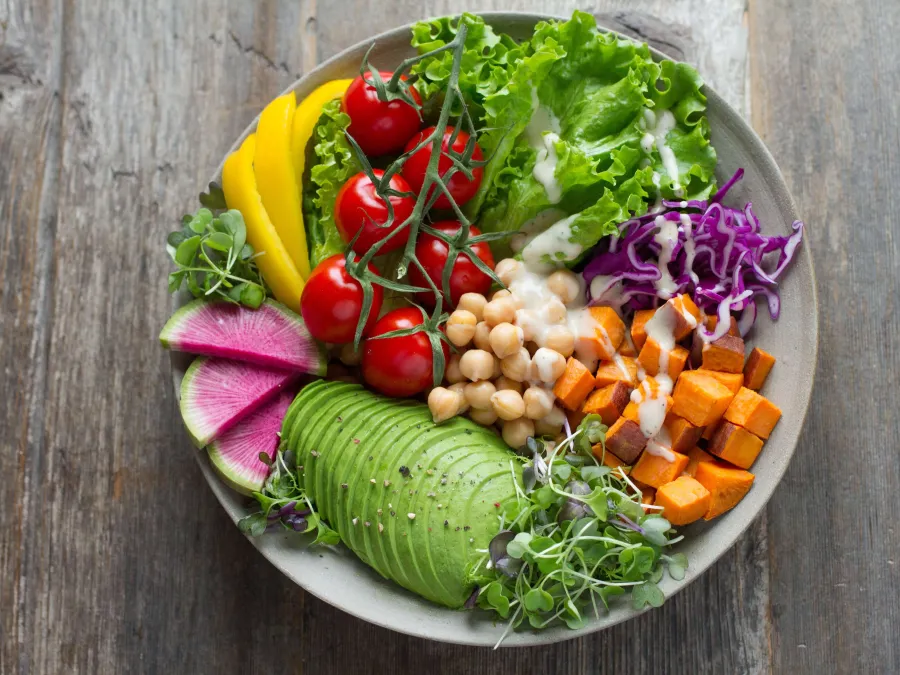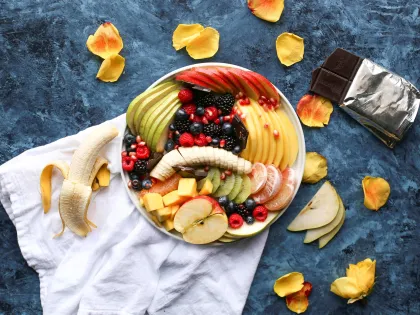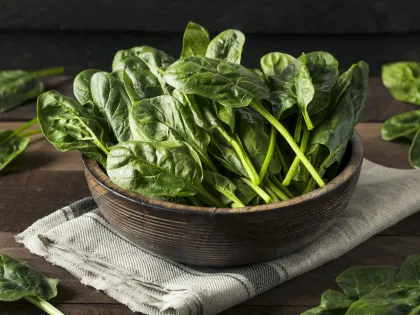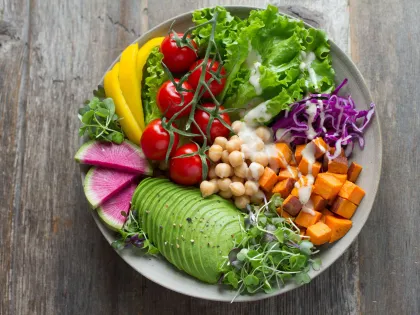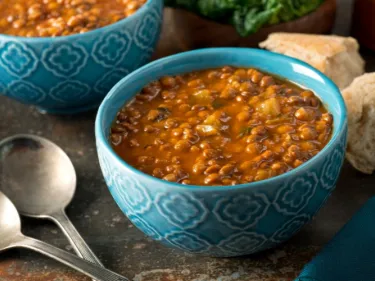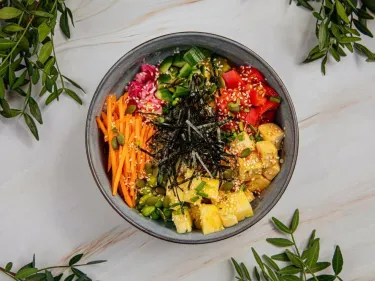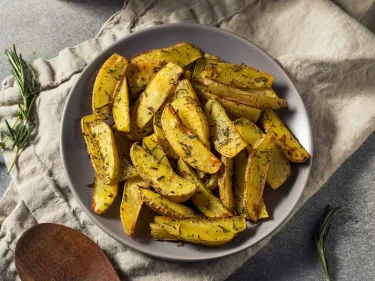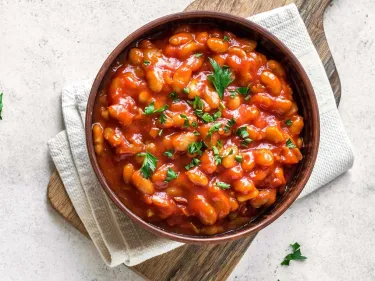What is a vegan diet?
A vegan diet is a type of vegetarianism that includes only plant based foods, excluding all animal meat and animal products. Veganism claims to offer a healthier, cruelty-free, and sustainable dietary pattern compared to a traditional Western omnivore diet.
What foods are included in a vegan diet?
Foods which are included:
- Fruit and vegetables
- Breads, cereals, and grains
- Legumes e.g. lentils, chickpeas and beans
- Soy foods e.g. tofu and tempeh
- Nuts and seeds
Foods not included:
- Red meat, poultry, fish and seafood
- Dairy products
- Eggs
- Usually honey, and other animal derived products and additives, such as gelatine
Positives of a vegan diet
A well planned and healthy vegan diet increases intake of fruit, vegetables (including legumes) and wholegrain cereals. Therefore, individuals following a vegan diet will have increased intake of dietary fibre, essential vitamins, minerals, and antioxidants, and decreased intake of saturated fat and salt - all of which have well researched health benefits. A vegan diet is also an important ethical and moral decision for many people, in order to follow a cruelty free and environmentally sustainable lifestyle.
Negatives of a vegan diet
A vegan diet may be restrictive for many people when removing two core food groups - meat and dairy. It is important that vegans are aware that key nutrients - particularly Vitamin B12, Calcium, Protein, Iron and Omega 3’s - may be lacking in a vegan diet, and need to be consumed alternatively by eating a variety of plant based foods, fortified foods, and may require additional supplementation. Many processed and discretionary (aka junk) foods are considered vegan, so it is still important to consider intake of discretionary choices which are high in energy and sugar, and low in other nutrients.
The bottom line
Overall, a balanced and well planned vegan diet can be a healthy, humane and sustainable option that provides a wide range of essential nutrients. Given the somewhat restrictive nature of the diet, you may benefit from seeking advice from an Accredited Practising Dietitian to ensure you are meeting your individual nutrition needs to be at your happiest and healthiest!
